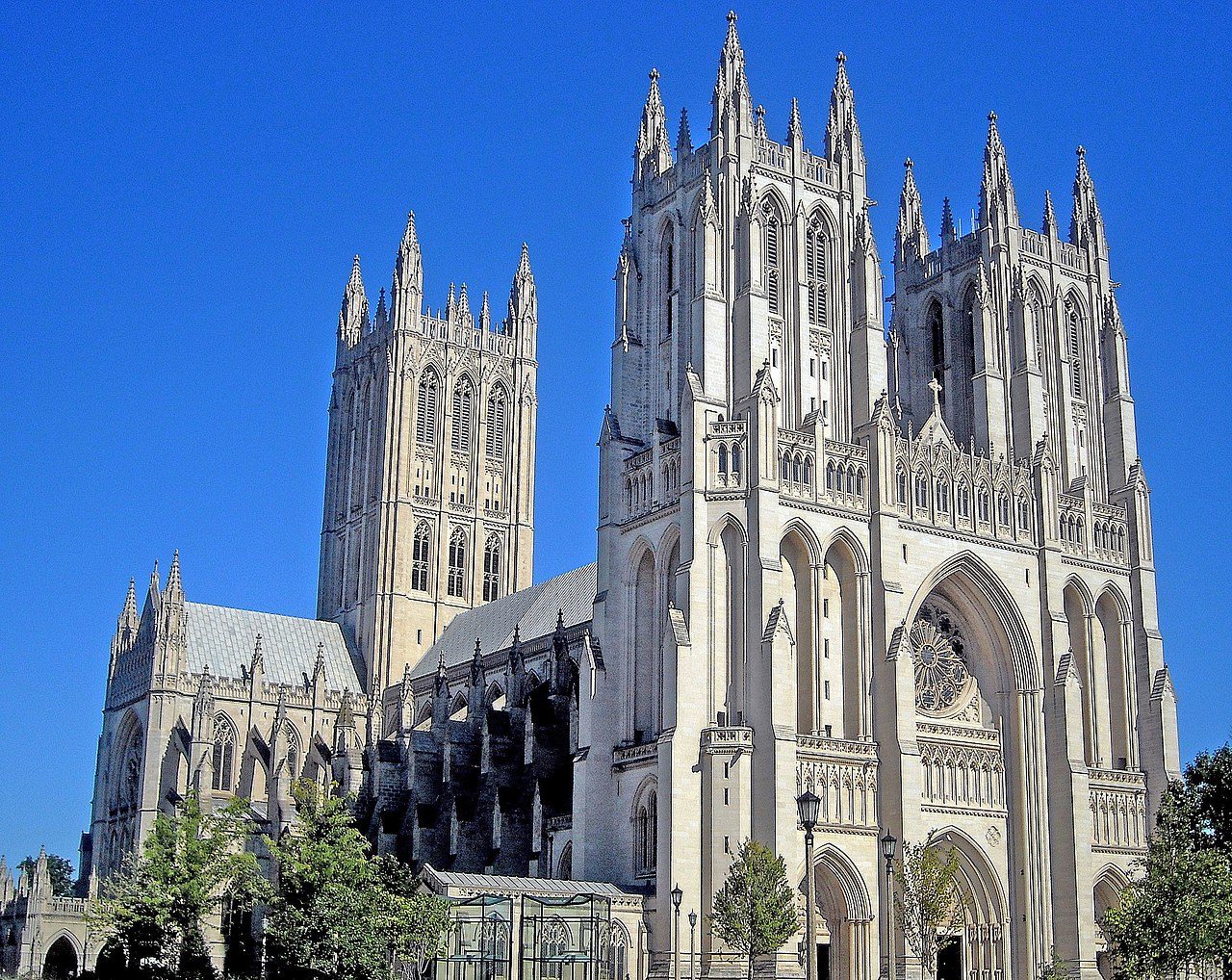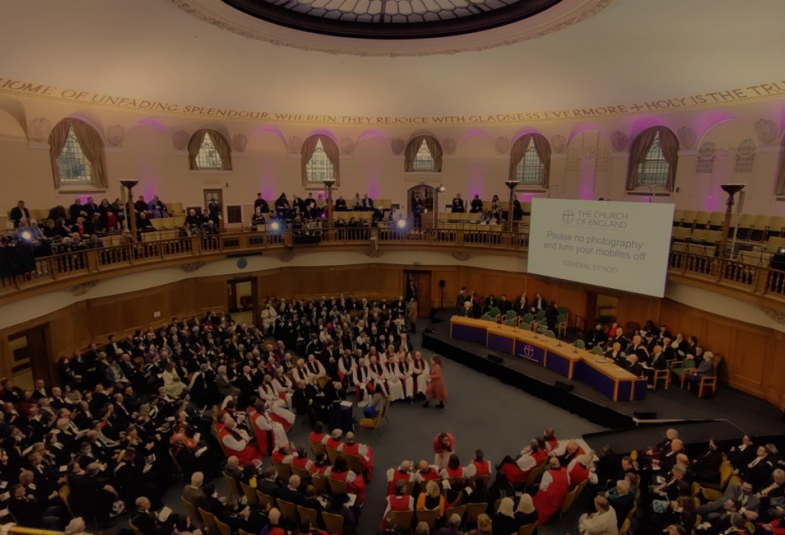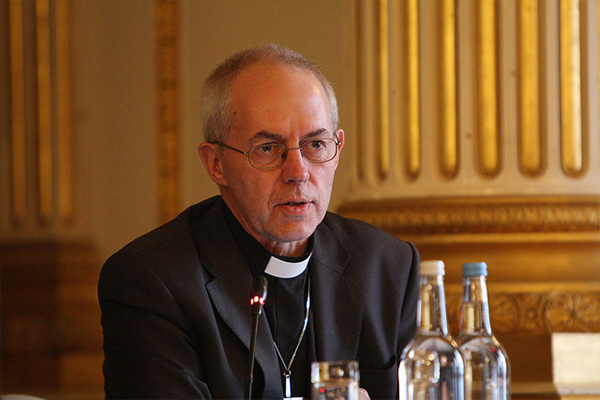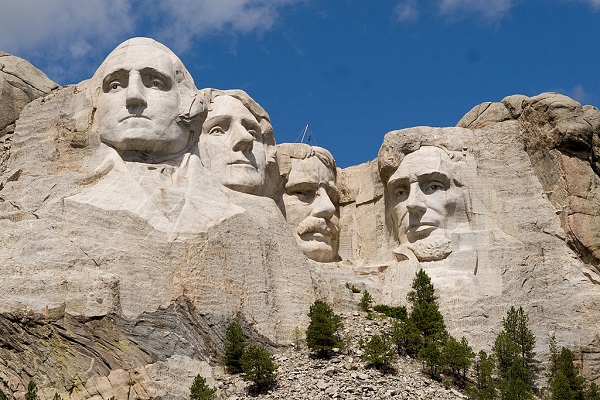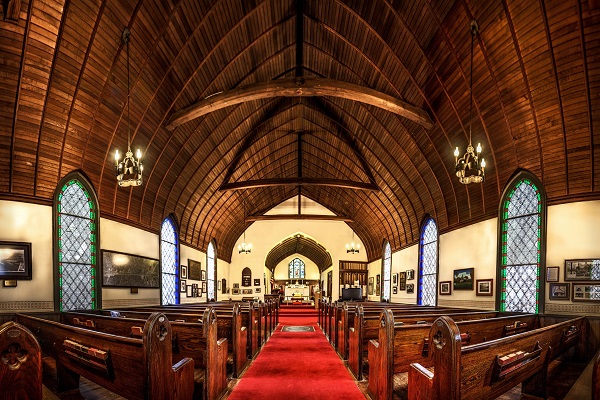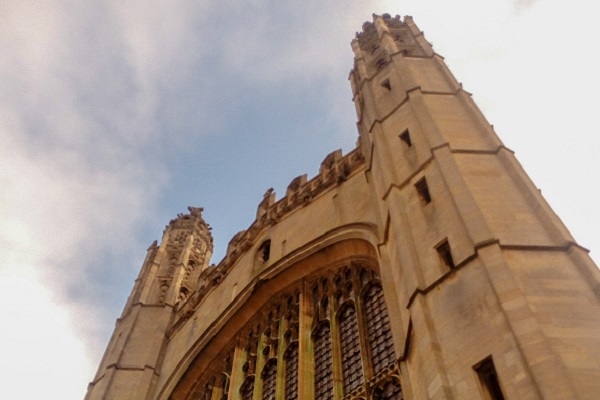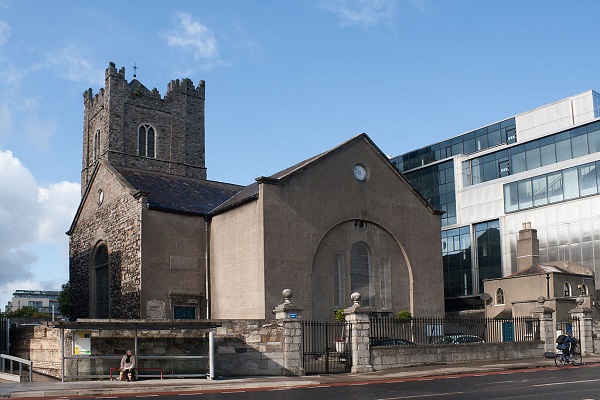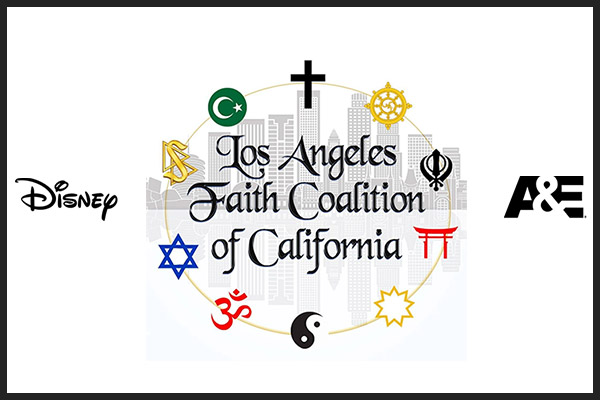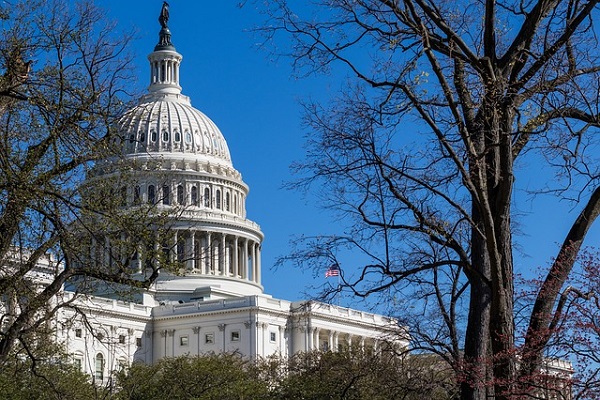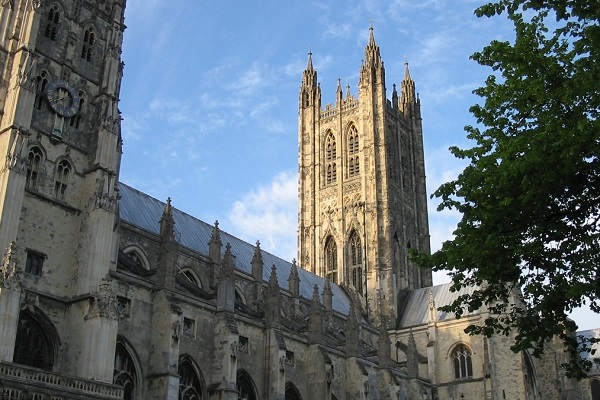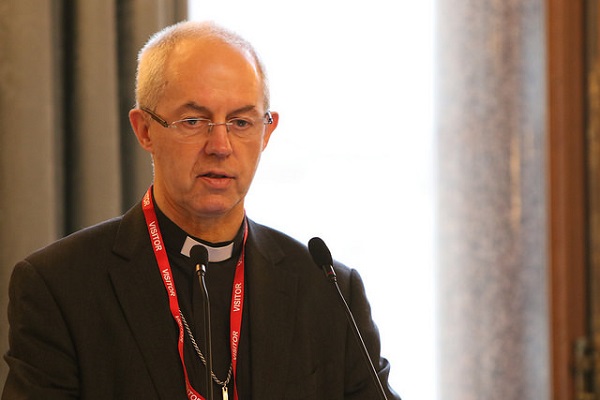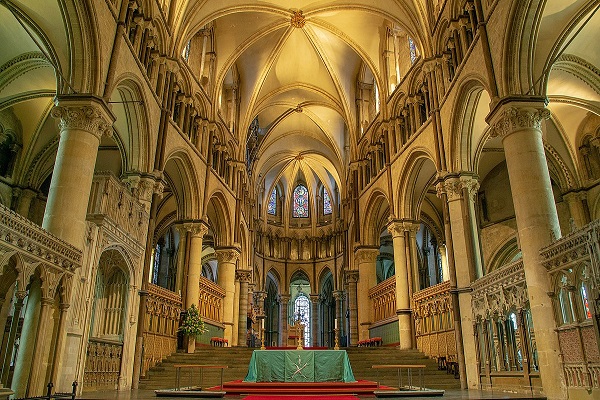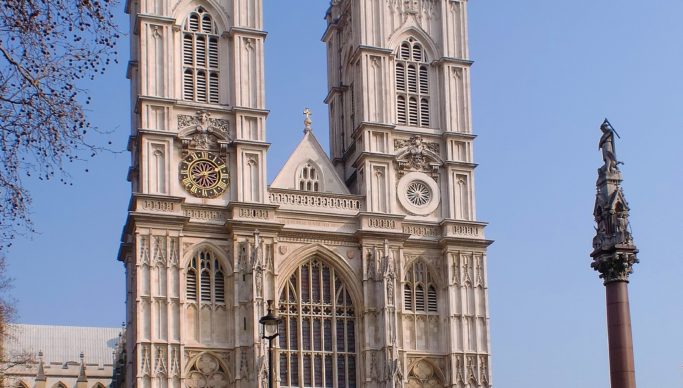
New Supreme Governor of the Church of England
- By Ash D --
- 05 Jan 2023 --
King Charles III ascended the throne as King of England in 2022, succeeding Queen Elizabeth II not only as monarch but Supreme Governor of the Church of England.
In 1531, King Henry VIII began separating the Church of England from the Holy See in Rome. He took the title of “Supreme Head of the Church of England,” which was later modified by the British Parliament, with the Act of Supremacy of 1558, to Supreme Governor so it could not be construed as a title of divinity.
The position today is largely titular, but the Supreme Governor still appoints archbishops, bishops and deans of cathedrals on the advice of the Prime Minister, including the Archbishop of Canterbury. The Archbishop of Canterbury is the spiritual leader of the world-wide Anglican Church, and is one of only a handful of positions in the Church of England entitled to a seat in the House of Lords. The Supreme Governor’s role in the Church is limited but the effects are far-reaching.
In becoming the British monarch and Supreme Governor there are three oaths taken. King Charles has taken the Scottish oath: “I, Charles the Third by the Grace of God of the United Kingdom of Great Britain and of Northern Ireland, and of My other Realms and Territories, King, Defender of the Faith, do faithfully promise and swear that I shall inviolably maintain and preserve the Settlement of the True Protestant Religion as established by the laws of Scotland in prosecution of the Claim of Right and particularly an Act intituled an ‘Act for Securing the Protestant Religion and Presbyterian Church Government’ and by the Acts passed in both Kingdoms for the Union of the two Kingdoms, together with the Government, Worship, Discipline, Rights and Privileges of the Church of Scotland: so help me God.”
King Charles will take a second oath to be a faithful Protestant. And at his coronation, he will swear to uphold the rights and privileges of the Church of England.





